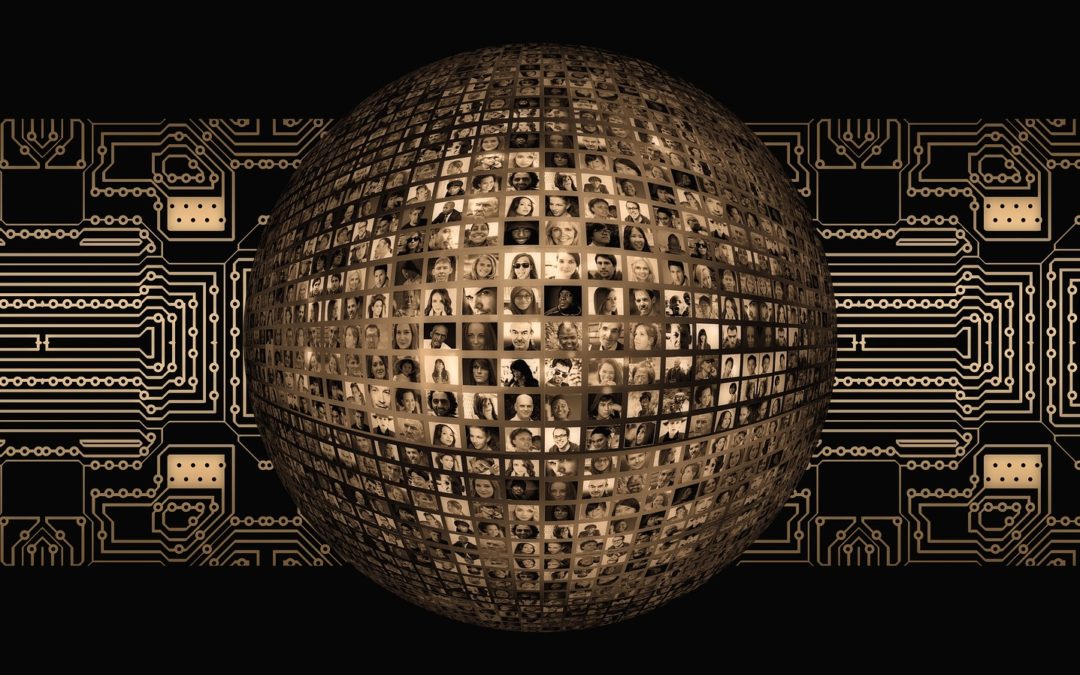
INFO: EBDR Anti-Corruption Report (2016)

The EBRD’s Anti-Corruption Report describes the Bank’s strategy to promote integrity and prevent fraud and corruption, and highlights the most recent measures taken.


The EBRD’s Anti-Corruption Report describes the Bank’s strategy to promote integrity and prevent fraud and corruption, and highlights the most recent measures taken.


“Tools and Resources for Anti-Corruption Knowledge” (TRACK) is a central platform of anti-corruption and asset recovery information that was developed by the United Nations Office on Drugs and Crime (UNODC) with the support of the World Bank, Microsoft and other TRACK partner institutions. Financial contributions were received from the United Kingdom, the Netherlands and the World Bank. The TRACK website has three main components:

This new report from the Global Corruption Barometer series is based on surveys with over 22,000 citizens living in 20 countries in Latin America and the Caribbean. We asked about first-hand experiences of bribery in public services and perceptions of the scale of corruption. Our report comes at a time when governments around the world are having to pay greater attention to tackling corruption as the United Nations’ Sustainable Development Goals (SDGs) – an ambitious set of 17 global goals – calls on governments to “substantially reduce corruption and bribery in all their forms” (Goal 16.5).


The rise in cybercrime and the proliferation of so-called “fake news” on social media have soured many people on the digital revolution. However, the same novel technologies that enable these distressing trends can also help us combat corruption much more effectively.
There are several encouraging examples in Latin America, a region recently swept by major corruption scandals, where digital tools are becoming a powerful means of rooting out fraud in government and foiling unscrupulous officials and their accomplices.


In our first blog of this two-part series, we noted that, despite recent progress, corruption in Latin America is still high. In this second blog, we look at measures to fight corruption that have worked well in other countries. Learning about these policies can provide insights to guide Latin America in the design of their anti-corruption strategies, even if the final shape of these policies will differ depending on country specifics.
We argue that a lasting solution will require sustained action on many fronts to create a major shift in societal expectations and to push countries out of the corruption trap. Improving institutions and lowering corruption go hand in hand, but this is easier said than done. Progress on paper (a better legal framework), while necessary, does not translate into results on the ground if it is not accompanied by stronger enforcement.


Corruption hinders both public and private sector productivity. It perpetuates inequality and poverty, impacting well-being and the distribution of income and undermining opportunities to participate equally in social, economic and political life.
Integrity is essential for building strong institutions and assures citizens that the government is working in their interest, not just for the select few. Integrity is not just a moral issue, it is also about making economies more productive, public sectors more efficient, societies and economies more inclusive. It is about restoring trust, not just trust in government, but trust in public institutions, regulators, banks, and corporations.